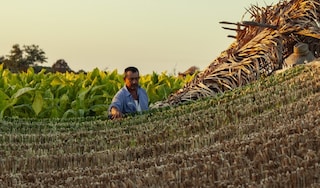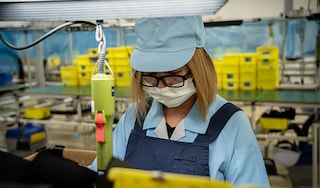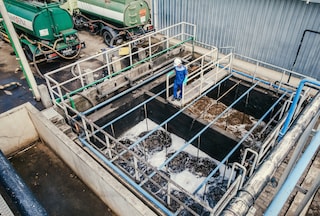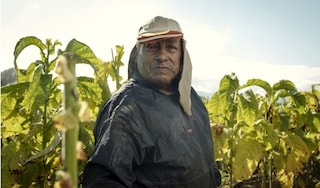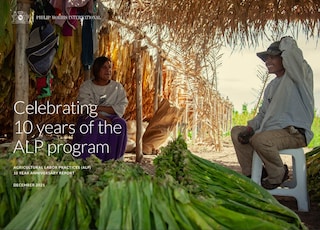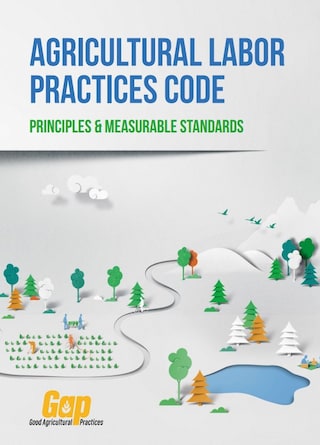
Our 2025 Roadmap goals
see our full 2025 roadmapIMPROVE THE QUALITY OF LIFE OF PEOPLE IN OUR SUPPLY CHAIN
Eradicate systemic child labor in our tobacco supply chain.
Ensure all contracted tobacco farmers make a living income, and partner with our direct suppliers to promote a living wage for their workers.
Key performance indicators to track our progress

See full performance metrics
view dataLearn more about PMI’s Sustainability Index in our Integrated Report 2021. See the full performance metrics and related footnotes here.
The right thing to do
Promoting and adhering to sustainable business practices helps safeguard human rights, improve labor conditions, protect workers’ health and safety, tackle social inequalities, and alleviate poverty.
Read moreThe business case
Caring for the quality of life of the people in our supply chain is consistent with our business purpose and way of working, and is a major predictor of our long-term success.
read more
Our progress in 2021
Read more in our Integrated Report2021 performance highlights
- 94 percent of contracted tobacco farmers systematically monitored for adherence to PMI’s Agricultural Labor Practices (ALP) Code
- 2,530 field technicians monitored the implementation of the ALP Code
- 67 percent of contracted farmers supplying tobacco to PMI make a living income
- 87 percent of contracted farmers who have access to water in 2021 (Estimated data based on surveys that indicated that the farmer has an improved source within 1 km. Data exclude China.)
- 100 percent of contracted farmers and farmworkers have access to personal protective equipment
Responsible Sourcing Principles
This online content about our Integrated Report should be read in conjunction with PMI’s 2021 Integrated Report. The information and data presented here cover the 2021 calendar year or reflect status at December 31, 2021, worldwide, unless otherwise indicated. Where not specified, data come from PMI estimates. Please also refer to 'This report at a glance' on page 5 of the 2021 Integrated Report for more information. Aspirational targets and goals do not constitute financial projections, and achievement of future results is subject to risks, uncertainties and inaccurate assumptions, as outlined in our forward-looking and cautionary statements on page 252. In the 2021 Integrated Report and in related communications, the terms “materiality,” “material,” and similar terms, when used in the context of economic, environmental, and social topics, are defined in the referenced sustainability standards and are not meant to correspond to the concept of materiality under the U.S. securities laws and/or disclosures required by the U.S. Securities and Exchange Commission.

